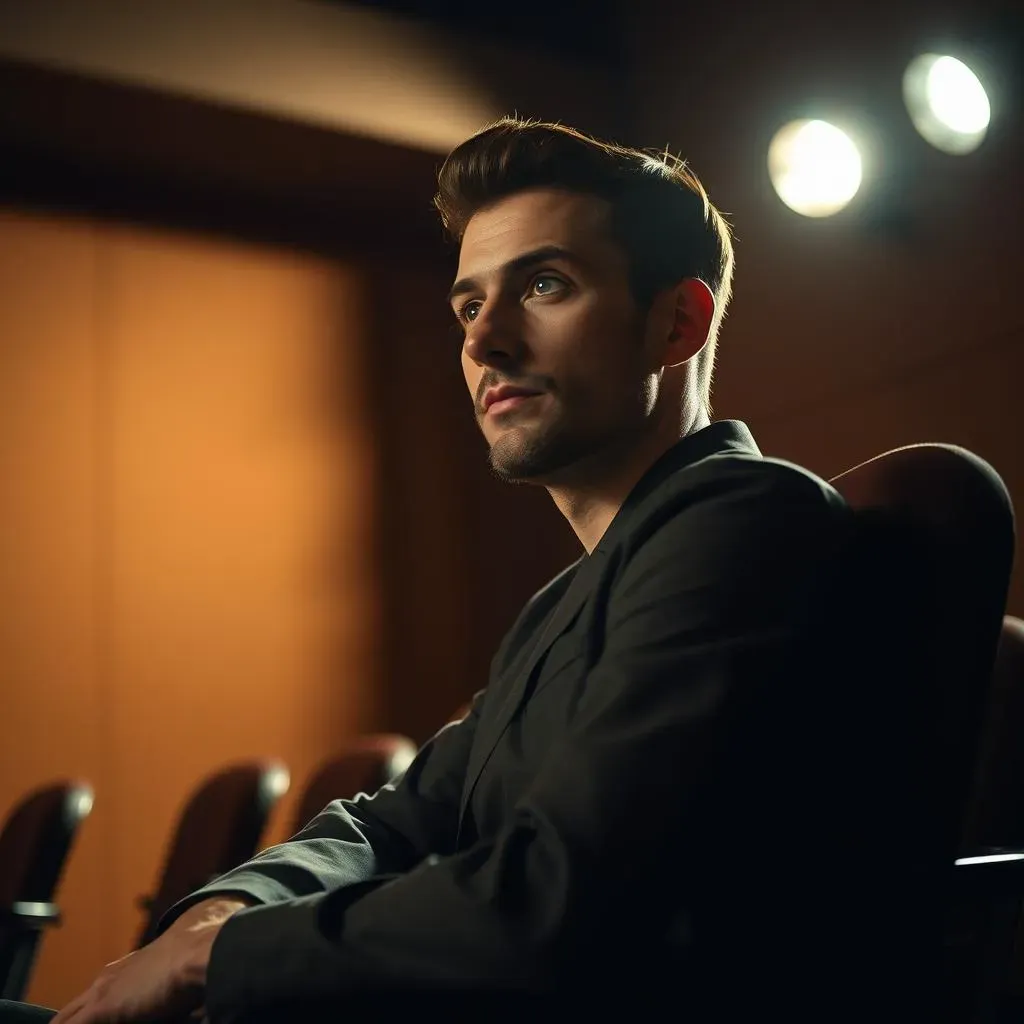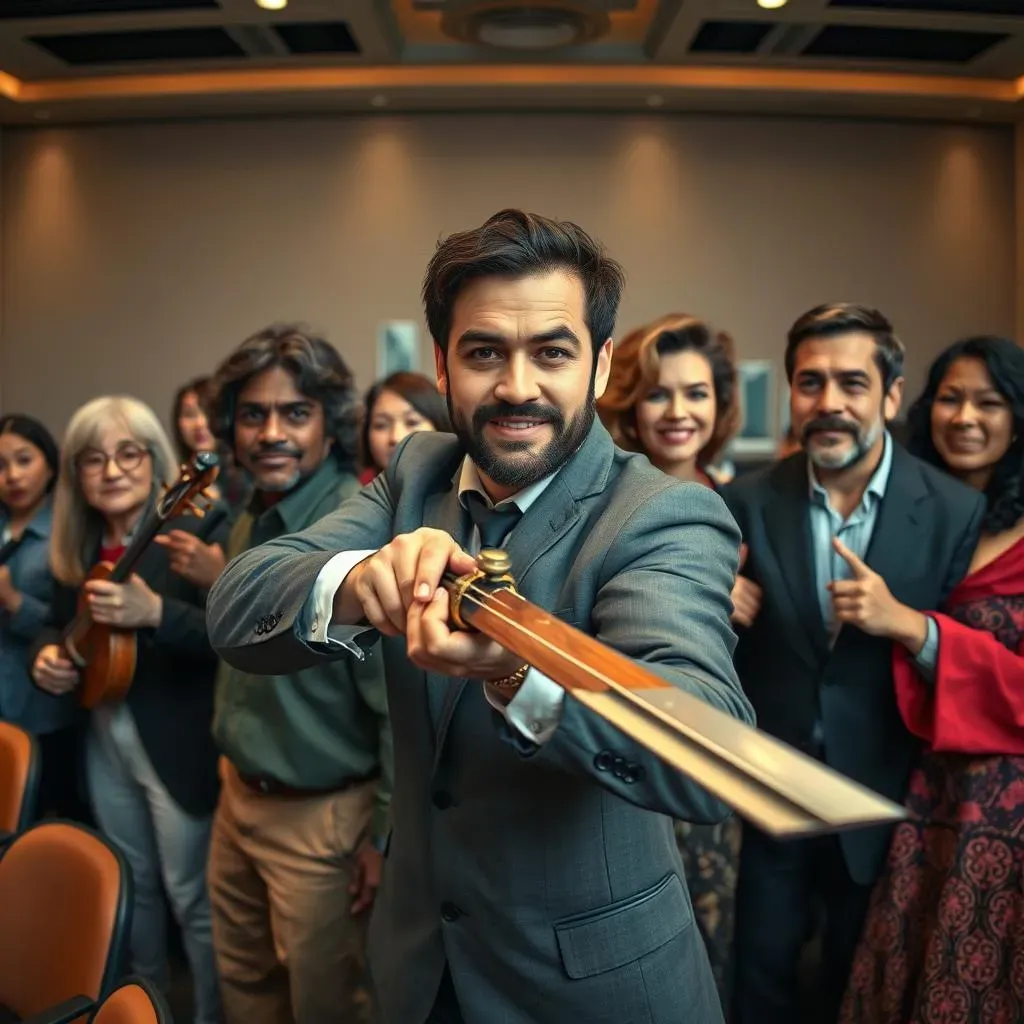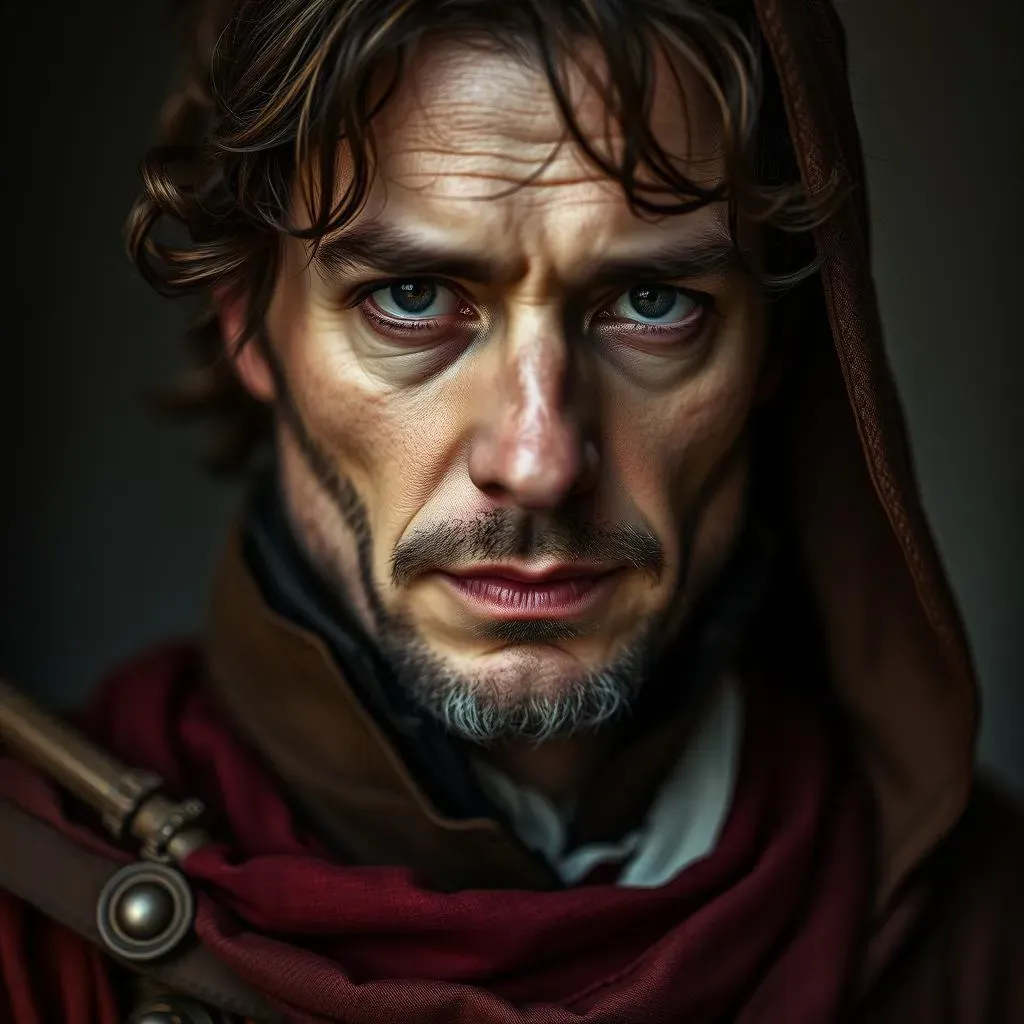Table of Contents
We often see celebrities on screen, effortlessly embodying different characters. But what's the secret behind those captivating performances? It's not just about good looks or luck; it's about a specific set of honed abilities. In this article, we're going to explore the real "celebrity acting skills breakdown," going past the glitz and glamour to look at the actual techniques they use. We'll explore the core skills every actor, not just celebrities, needs, then investigate the unique training and talents that separate A-listers from the rest. From emotional range to physical prowess, and even special skills they learn for specific roles, we’ll uncover the methods behind their magic. Get ready to discover how these stars truly earn their applause, and maybe even pick up a few tips for yourself along the way. We'll show you that it's not always about natural talent; it's about hard work and dedication to the craft.
The Core of Celebrity Acting Skills: Beyond the Spotlight

The Core of Celebrity Acting Skills: Beyond the Spotlight
Okay, so you're looking at the core of acting skills, right? It's way more than just saying lines. It's like, imagine an athlete; they don't just show up and win. They train their body. Actors train their minds and emotions. At its heart, acting is about being believable. It's about connecting with the audience, making them feel something. This means understanding human behavior, why people do what they do. It’s about empathy, about putting yourself in someone else's shoes, even if those shoes are super weird. They need to be able to understand what makes a person tick, what their motivations are, and then show it all through their performance. It's like being a human chameleon, constantly changing your colors to match the role.
And it's not just about feeling the emotions either, it's about expressing them in a way that's real and understandable. Think of a time you were really happy; you probably didn't just smile. Maybe you jumped up and down, laughed, or even cried a little bit. Actors have to be able to tap into those kinds of real reactions. It's a lot of work. It’s about understanding the character’s backstory, their relationships, and their goals. All of these things affect how they move, speak, and even breathe. It's like being a detective, but instead of solving a crime, you're solving a character. This core stuff is so essential; it's the foundation that all the other fancy acting skills are built on. Without it, they're just reciting words, not creating a person.
Core Acting Skill | Description | Why It's Important |
|---|---|---|
Empathy | Understanding and sharing the feelings of another. | Allows actors to create believable, relatable characters. |
Emotional Range | The ability to express a wide spectrum of feelings. | Enables versatile performances and complex character portrayals. |
Observation | Carefully watching people to understand their behaviors. | Provides inspiration and realism for character development. |
Special Skills and Training: What Makes Celebrity Actors Stand Out

Special Skills and Training: What Makes Celebrity Actors Stand Out
Okay, so we've covered the core skills, but what about the stuff that makes some actors really pop? That's where special skills and training come in. It's like, anyone can run, but not everyone can be an Olympic sprinter, right? Similarly, lots of people can act, but only a few have the dedication to learn all these extra things. Think of it like leveling up in a video game. They are always trying to get to that next level. It might be learning to play the piano for a role, or becoming an expert in sword fighting, or even mastering a specific accent. These aren't just party tricks; they add layers to their characters and allow for more authentic portrayals. The more special skills an actor has, the more versatile they become, and the more roles they can realistically play. It's like having a full toolbox, instead of just one hammer.
Then there's the training. Many famous actors have gone through years of formal acting education, attending drama schools or workshops. They didn't just wake up one day knowing how to deliver a monologue. They study various acting techniques, like the Meisner or Stanislavski methods, which helps them to really understand the emotional and psychological depths of their characters. Some might even work with coaches to refine their skills or learn new ones. This kind of dedication and constant learning is what truly separates the good from the great. It's like a chef who doesn't just know how to cook, but also how to create a culinary masterpiece. It's a commitment to growth, and that’s what takes their performances to another level. Let's be honest, it's not all natural talent; a lot of it is just hard work and a desire to be better.
Skill Category | Examples | Why It Matters |
|---|---|---|
Physical Skills | Dancing, martial arts, horseback riding, stage combat | Adds realism and dynamism to action sequences and character portrayals. |
Vocal Skills | Accents, dialects, singing, voice acting | Enriches character diversity and provides unique vocal textures. |
Artistic Skills | Playing instruments, painting, sculpting | Adds depth to character backgrounds and allows for artistic expression. |
How Celebrity Actors Hone Their Craft: Techniques and Examples

How Celebrity Actors Hone Their Craft: Techniques and Examples
The Power of Observation and Immersion
So, how do they get so good at pretending to be other people? Well, it's not just about memorizing lines. A lot of it comes down to observation. Celebrity actors are like human sponges, constantly soaking up the world around them. They watch how people walk, how they talk, how they react to different situations. They might spend time in the real world observing people who are similar to the characters they need to play. For example, if an actor has to play a cop, they might spend time talking to real police officers, learning their mannerisms, or even going on ride-alongs to get a feel for the job. It's like method acting but with a twist of real-world research. They don't just imagine it, they go out and experience it. They use all these real-world experiences to make their performances more authentic and believable.
Immersion is also a big deal. It’s like diving headfirst into the character’s world. Some actors will create detailed backstories for their characters, even stuff that’s never mentioned in the script. They might make playlists of music that their character would listen to, or even keep a journal in their character's voice. It’s about living and breathing the role, even when they’re not on set. It’s not just about acting like the character; it’s about becoming the character. Some actors, like Daniel Day-Lewis, are famous for this kind of deep immersion. He's known to stay in character for weeks or months, even when the cameras aren't rolling. That's dedication, but it shows the lengths they'll go to make a performance truly unforgettable.
Technique | Description | Example |
|---|---|---|
Observation | Studying real people to understand behaviors. | An actor watching police officers to prepare for a cop role. |
Immersion | Living as the character, both on and off set. | An actor staying in character for months during filming. |
The Importance of Rehearsal and Collaboration
Rehearsals are key for any actor, and even more so for celebrities, they use this time to really get into the nitty-gritty of the character. It's like a band practicing before a big concert, or a sports team training for a game. They don't just show up and hope for the best. They spend time working on the nuances of their performances, figuring out the best ways to deliver lines, and exploring the relationships between characters. It’s a process of trial and error, where they experiment with different approaches until they find what works. They also use this time to collaborate with their fellow actors, building a sense of chemistry and understanding that can make the performance even stronger. It’s all about teamwork, making sure everyone is working together to create something special.
And it’s not just the actors working together, they are also collaborating with directors, writers, and other crew members. They all have their own ideas and insights, and it’s the actor’s job to take all of that in and incorporate it into their performance. It’s like a puzzle, where everyone contributes a piece to create the final picture. It's about being open to feedback, willing to try new things, and always striving to improve. It's a constant learning process, even for the most seasoned actors. They're always looking for new ways to grow and push their boundaries. It's this kind of dedication and collaborative spirit that makes their performances so compelling and memorable. In a way, they are all working together to tell the same story, and the better they work together, the better the story is told.
"The actor's job is to make the audience believe the unbelievable." - Samuel Taylor Coleridge